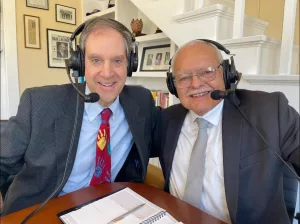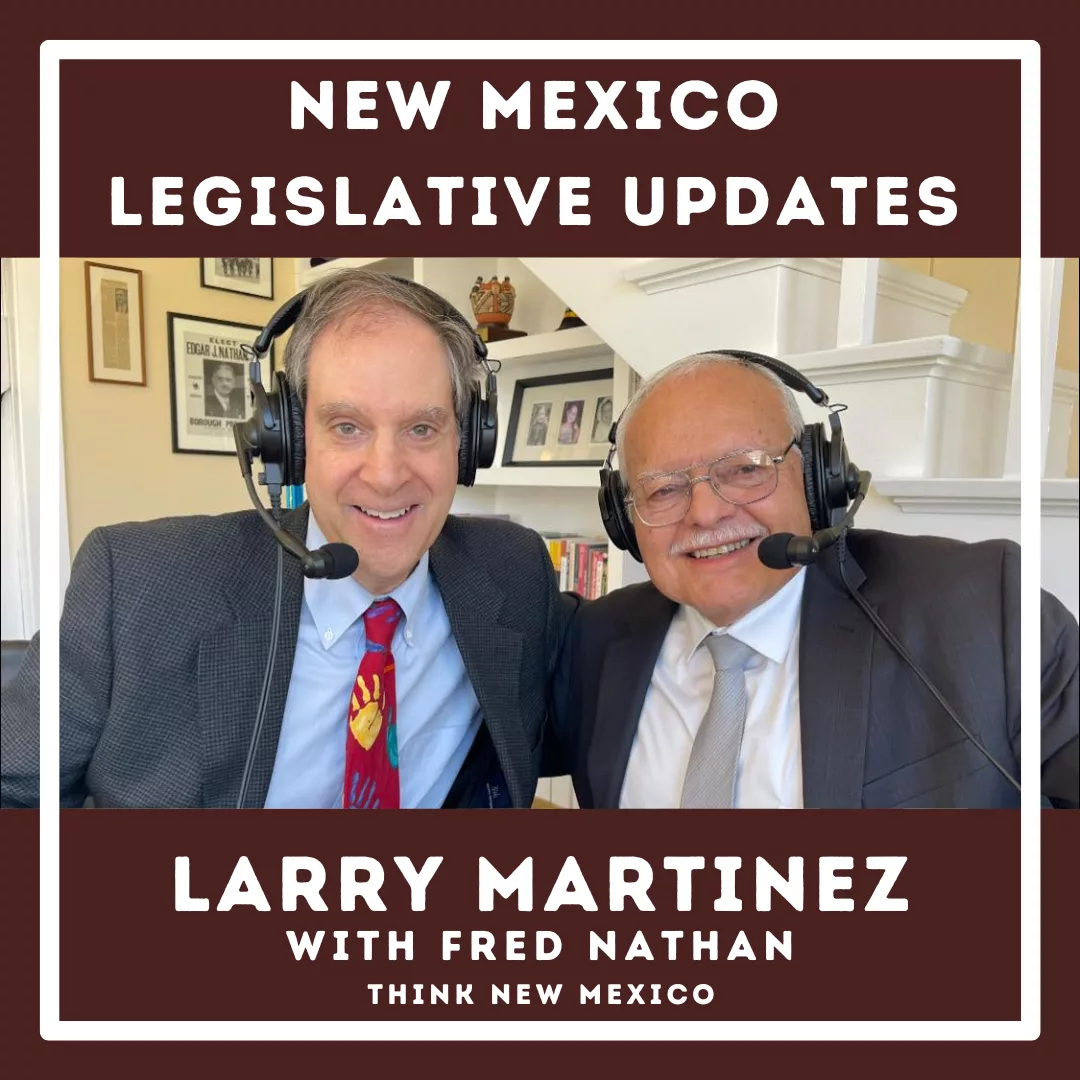 Addressing New Mexico’s Health Care Worker Shortage: Challenges and Solutions
Addressing New Mexico’s Health Care Worker Shortage: Challenges and Solutions
How Interstate Compacts Could Help
Nathan explained that joining more interstate compacts could be one of the most effective legislative moves to address New Mexico’s health care worker shortage. Neighboring states, like Colorado, are already part of multiple compacts, making it easier for licensed professionals to practice there. In contrast, New Mexico’s limited participation creates barriers for out-of-state providers who might otherwise be willing to work in the state’s underserved areas.
The Legal Challenges Holding New Mexico Back
Despite the clear benefits, New Mexico has struggled to expand its participation in these compacts due to legal concerns. One major roadblock has been opposition from trial lawyers, who have raised concerns about provisions granting compact boards immunity from lawsuits. This concern has slowed or halted legislative efforts to join additional compacts, even as bipartisan support for the initiative continues to grow.
Where Does the Legislation Stand?
While progress has been made in the New Mexico House of Representatives—with some compact-related bills passing unanimously—the Senate has presented additional hurdles. Many of these bills stall in the Senate Judiciary Committee, delaying potential reforms. Nathan emphasized the importance of public advocacy, encouraging residents to reach out to their state senators and express support for expanding health care compacts.
Addressing Medical Malpractice Laws and Other Barriers
Beyond interstate compacts, the conversation also touched on other legislative efforts aimed at improving health care access in New Mexico. One key initiative, Senate Bill 176, seeks to reform medical malpractice laws by capping attorney’s fees and restructuring the Patients’ Compensation Fund. These changes could help lower costs for health care providers, who currently face malpractice insurance premiums nearly double those in neighboring states—a factor contributing to New Mexico’s physician shortage.
Nathan highlighted the bipartisan support behind these reform efforts, underscoring their significance in stabilizing the state’s health care system. Other challenges, such as low Medicaid reimbursement rates and the impact of gross receipts taxes on medical services, were also discussed as additional barriers that must be addressed to attract and retain health care professionals.
A Call to Action
The conversation made it clear that while solutions exist, meaningful change requires public awareness and engagement. Nathan urged listeners to stay informed, contact their legislators, and support reforms that could improve health care access across the state. With growing bipartisan cooperation and increased public interest, New Mexico has the opportunity to move toward a more sustainable and effective health care system—one that better serves its communities and ensures access to quality medical care for all residents.
New Mexico faces an ongoing shortage of health care workers, particularly in rural areas, where access to essential medical services remains a challenge. In this episode, host Larry Martinez speaks with Fred Nathan, founder and executive director of Think New Mexico, to examine a potential solution—interstate health care worker compacts. They discuss how these agreements could help bring more licensed professionals to the state, as well as the legislative process involved in making them a reality. The conversation explores the bipartisan efforts supporting this initiative, the concerns raised by various stakeholders, and the broader implications for New Mexico’s health care system.






